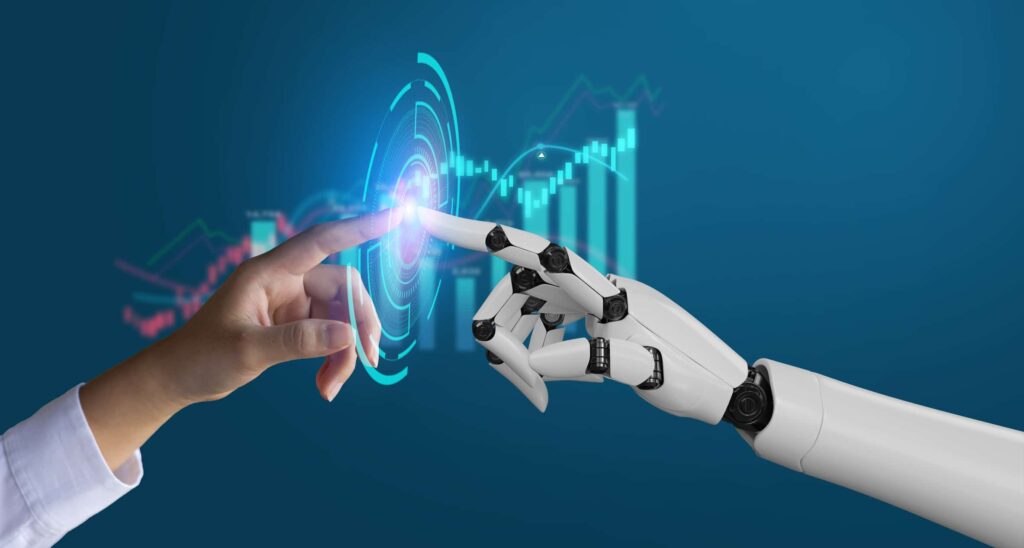As artificial intelligence (AI) continues its rapid integration into various industries, concerns about its potential impact on employment have surged to the forefront of public discourse. To address these pressing issues, a consortium of tech giants, including Google, Microsoft, IBM, Cisco , and others, has convened to study the evolving landscape of technology jobs in the age of AI.

Led by telecommunications leader Cisco, the group aims to delve into how AI advancements might reshape the workforce and economy. Alongside corporate participants, influential unions such as the AFL-CIO and the CWA will provide advisory support, underscoring the collaborative effort to understand and navigate the implications of AI on labor markets.
The proliferation of generative AI technologies, such as chatbots and image generators, has sparked profound transformations within the tech industry. While companies embrace these innovations to drive efficiency and productivity, concerns about potential job displacement loom large. Instances of writers losing their jobs to AI-generated content and Hollywood writers securing protections against forced use of AI-generated material highlight the tangible impact of AI on certain professions.
A study by the Pew Research Center revealed that approximately 20% of American employees are in roles with “high exposure” to AI, encompassing fields like tax preparation, copywriting, and web development. However, the broader ramifications of the AI revolution on employment remain ambiguous, prompting the formation of this collaborative group to shed light on the evolving landscape.
The consortium’s primary objective is to produce a comprehensive report offering actionable insights for both business leaders and workers. By scrutinizing 56 distinct technology job categories, the group aims to provide clarity on how AI may alter job functions and skill requirements. While specific details on the targeted jobs are yet to be disclosed, the consortium’s efforts signify a proactive approach to understanding and preparing for the future of work in the AI era.
Notably, the involvement of major corporations in this initiative underscores the growing recognition of AI’s transformative potential and the imperative to address its socio-economic implications. Amidst heightened scrutiny and regulatory debates surrounding AI, industry stakeholders seek to navigate these challenges collaboratively while advocating for policies that promote responsible AI deployment.
While tech executives have traditionally downplayed concerns about job displacement, emphasizing AI’s role in enhancing workforce efficiency, the consortium’s initiative signals a more nuanced approach. By engaging in rigorous analysis and dialogue, the group aims to foster informed discussions and proactive strategies to harness AI’s benefits while mitigating potential disruptions to the labor market.
As the AI revolution continues to unfold, collaborative efforts between industry, labor, and policymakers will be essential to ensure a fair and equitable transition to the AI-driven future of work. Through proactive research and dialogue, stakeholders can chart a course towards a more resilient and inclusive workforce in the digital age.
